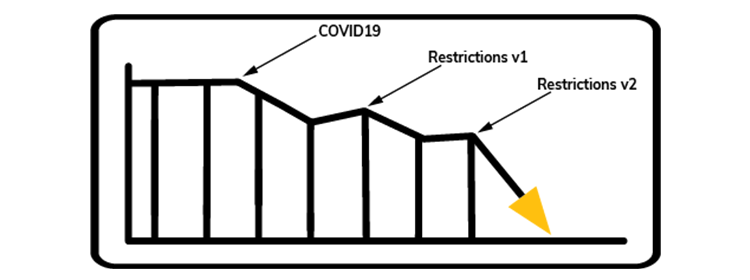
When the coronavirus pandemic took hold of the world in early 2020 it was nearly impossible to imagine the effect it was going to have in our lives and how it was going to affect our businesses and livelihoods.
Since March 2020, we have been tracking what’s happening with a range of businesses across markets and what they are doing, or not doing as the case may be, to adapt their sales .....


New Article Email Notification